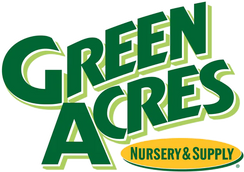
Mason Bees are Super Pollinators
Keep flowers blooming and food growing with increased pollination by mason bees. Growing your own fruit and vegetables at home is so rewarding and fun, but sometimes nature could use a hand to get the job done. Many home gardeners are turning to solitary bee species such as mason bees to help increase their yield.

Mason Bees Are Nature’s Powerhouse Pollinators
- One mason bee can do the work of 120 honey bees
- Their hair-covered bodies are perfectly designed to pick up pollen grains
- Unlike honeybees which clean themselves frequently in order store pollen to take back to their colony, mason bees efficiently carry pollen from flower to flower
Mason bees are solitary, meaning they do not build a hive or produce honey. Because they have no hive to defend, they are non-aggressive and won’t sting unless their life depends on it (and even then, probably not).
How Do I Start?
Late winter – early spring is the best time to get started, and we have everything you need in a convenient Mason Bee Kit from Organic Control, available at all five locations. Each kit includes:
- The Plan Bee! Mason Bee Nest
- An informative Mason Bee Book by Christopher O’Toole, a leading worldwide expert on bees
- A certificate that can be redeemed for six live Mason Bee cocoons through Organic Control.
Setting Up Your Nest:
- Mason bees like morning sunshine, so set up your Plan Bee! nest in an east or south-facing location
- The bees don’t like dappled shade, so avoid setting up a nest under a tree
Each Mason Bee Kit contains detailed instructions on how to secure your mason bee nest, and what to expect next. The bees will begin to emerge from their cocoons in early spring, and get to work pollinating your fruit trees and veggies right away. Expect to see greater yields than ever before with the help of these industrious bees!

